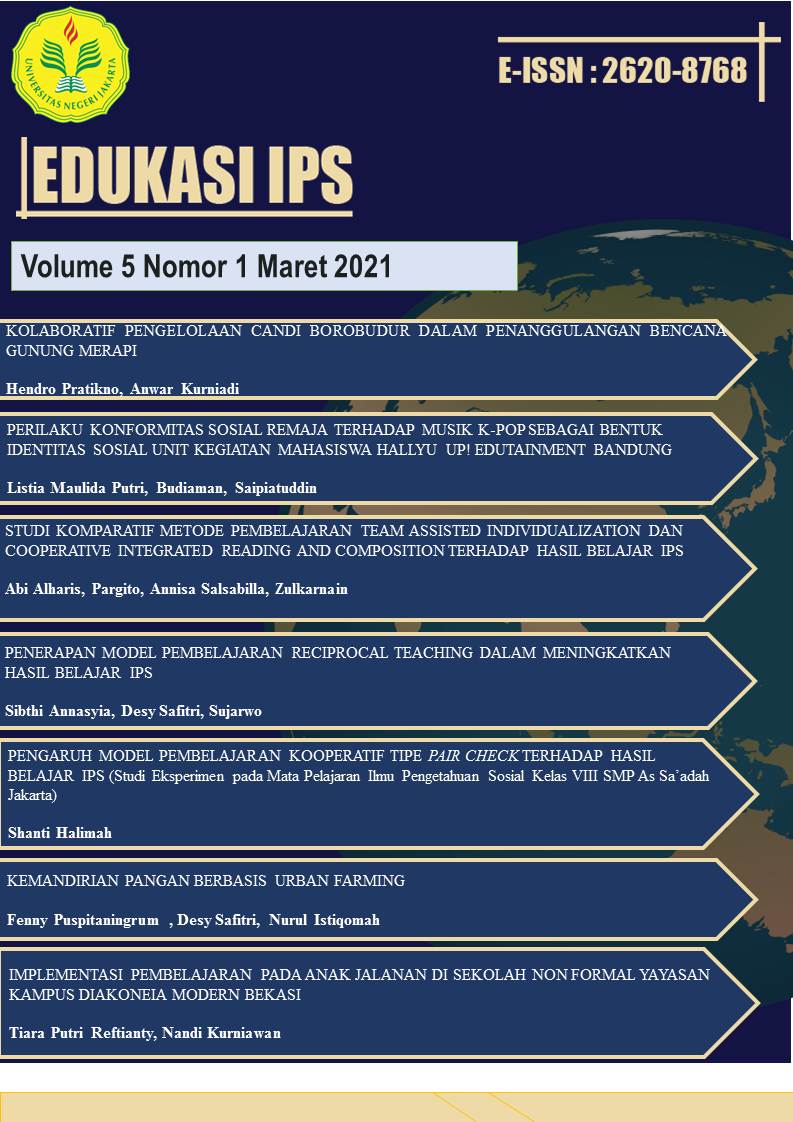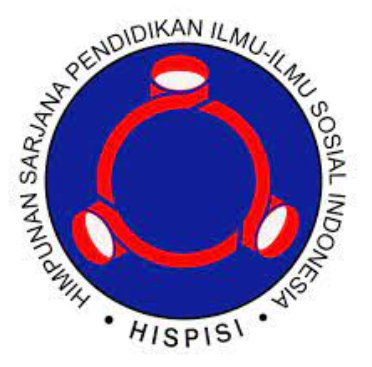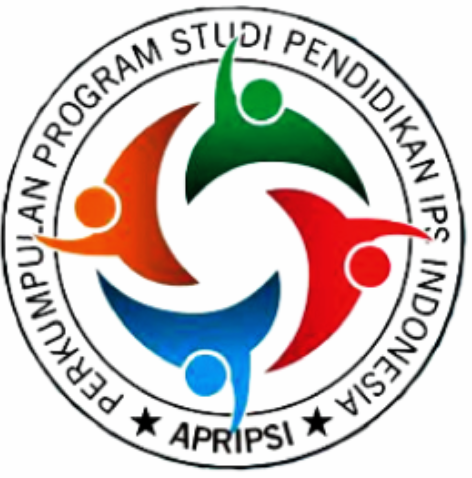PENERAPAN MODEL PEMBELAJARAN RECIPROCAL TEACHING DALAM MENINGKATKAN HASIL BELAJAR IPS (Penelitian Tindakan Kelas di Kelas VIII-C SMP Negeri 3 Terbuka Depok Tahun Ajaran 2019/2020)
DOI:
https://doi.org/10.21009/EIPS.005.1.04Keywords:
Classroom Action Research, Reciprocal Teaching Model, Results of Social Sciences Learning, Students Learning ActivenessAbstract
Abstract
This research aims to find out the implementation of Reciprocal Teaching model to increase result of social sciences learning. This research was conducted in Class VIII-C, consisting of 37 students, in Junior High School of Terbuka 3 Depok from January to March 2020. A Classroom Action Research was used in this research, consisting of two cycles, and each cycle consisted of four stages; Planning, Acting, Observing, and Reflecting. The research results showed an increase in each cycle. In cycle 1, 59% (22 students) passed the KKM (65) with an average score of 64. In cycle 2, 84% (31 students) passed the KKM (65) with an average score of 76. In addition to learning result, students activeness also improved in each cycle. The percentage of students activeness in cycle 1 was 0% for students who were very active in asking question, answering question, providing opinion, and cooperating. Meanwhile in cycle 2, the number increased to 8% for students who were very active in asking and answering question, and increased to 11% for students who were very active in providing opinion and cooperating. Thus, it can be concluded that the Reciprocal Teaching model can improve students social science learning result above the KKM (65) and improve students activeness in the aspects of asking, answering, providing opinion, and cooperating.
Keywords: Classroom Action Research, Reciprocal Teaching Model, Results of Social Sciences Learning, Students Learning Activeness.
Abstrak
Penelitian ini bertujuan untuk mengetahui penerapan model pembelajaran Reciprocal Teaching dalam meningkatkan hasil belajar IPS. Penelitian ini dilakukan pada Kelas VIII-C yang berjumlah 37 peserta didik di SMP Negeri 3 Terbuka Depok sejak bulan Januari sampai bulan Maret 2020. Metode yang digunakan dalam penelitian ini adalah Penelitian Tindakan Kelas yang terdiri dari dua siklus, setiap siklusnya terdiri dari empat tahap, yaitu: Perencanaan Tindakan (Planning), Pelaksanaan Tindakan (Acting), Observasi (Observing), dan Refleksi (Reflecting). Berdasarkan hasil penelitian terjadi peningkatan setiap siklusnya. Pada siklus 1 sebesar 59% (22 peserta didik) yang memperoleh nilai diatas KKM 65 dengan rata-rata nilai 64, dan pada siklus 2 sebesar 84% (31 siswa) yang memperoleh nilai diatas KKM 65 dengan rata-rata nilai 76. Selain hasil belajar, keaktifan peserta didik juga mengalami peningkatan pada setiap siklus. Persentase keaktifan peserta didik pada siklus 1 sebesar 0% untuk peserta didik yang sangat aktif dalam kemampuan bertanya, menjawab pertanyaan, berpendapat dan kerja sama. Kemudian pada siklus 2 meningkat dengan persentase sebesar 8% untuk peserta didik yang sangat aktif dalam kemampuan bertanya dan menjawab pertanyaan, serta 11% untuk peserta didik yang sangat aktif dalam kemampuan berpendapat dan kerja sama. Dengan demikian model pembelajaran Reciprocal Teaching dapat meningkatkan hasil belajar IPS peserta didik diatas KKM 65 dan meningkatkan keaktifan peserta didik dalam aspek kemampuan bertanya, menjawab, berpendapat, dan kerja sama.
Kata Kunci: Penelitian Tindakan Kelas, Model Pembelajaran Reciprocal Teaching, Hasil Belajar IPS, Keaktifan Belajar Peserta Didik.
Downloads
Published
How to Cite
Issue
Section
License
Authors who publish with this journal agree to the following terms:
- Authors retain copyright and grant the journal right of first publication with the work simultaneously licensed under a Creative Commons Attribution ShareAlike License that allows others to share the work with an acknowledgement of the work's authorship and initial publication in this journal.
- Authors are able to enter into separate, additional contractual arrangements for the non-exclusive distribution of the journal's published version of the work (e.g., post it to an institutional repository or publish it in a book), with an acknowledgement of its initial publication in this journal.
- Authors are permitted and encouraged to post their work online (e.g., in institutional repositories, pre-prints sites or on their website) prior to and during the submission process, as it can lead to productive exchanges, as well as earlier and greater dissemination of published work







